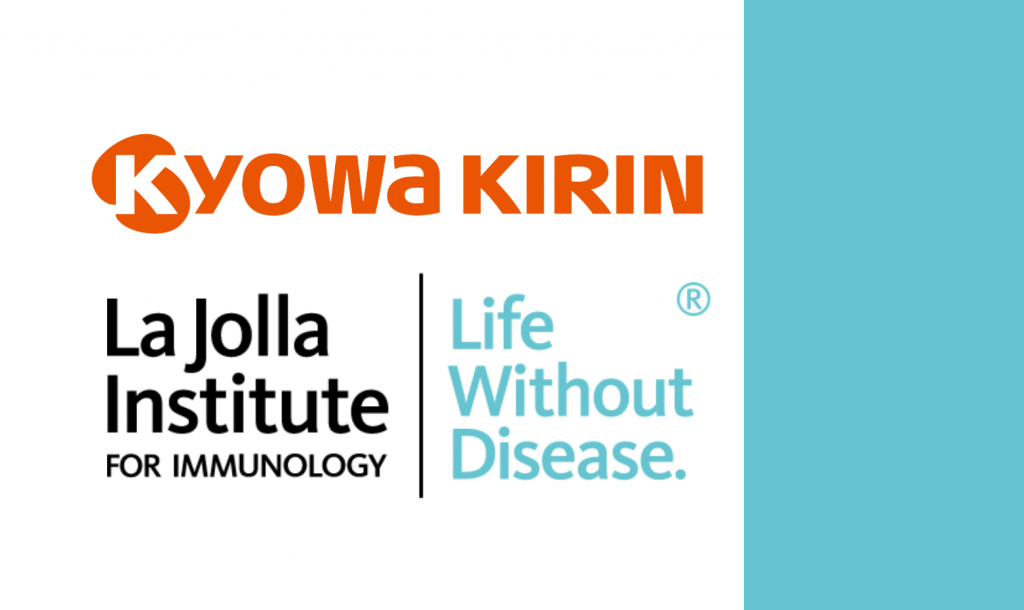One large subgroup of these specialized T cells is encompassed by the IEL which are located in the epithelium of the small intestine in humans and mice. IEL are distinct from conventional T cells with regard to phenotype and function, with the great majority of the IEL being CD8+ cytotoxic T cells. Furthermore, in mice most of these CD8+ IEL exclusively express an aa homodimeric form of CD8 as opposed to the more typical CD8aß heterodimer expressed by CD8+ splenocytes. The CD8aa+ IEL population characteristically contains numerous TCR?d+ T cells, TCRaß CD8aa+ single positive cells, and various numbers of TCRaß+ double positive (DP) or CD4+ or CD8aβ+CD8aa+ IEL (our findings), as well as TCR negative cells, most of them with an NK like nature. CD8aa expression on T cells does not depend upon CD8ß expression in the thymus (our findings) while they do require ß2m dependent MHC class I expression for their differentiation and/or homeostasis. They are, however, much less dependent on TAP expression (our findings) and interestingly, these cells are present in mice that lack classical class I molecules (Kb and Db deficient mice) (our findings). All mucosal T cells typically have an activated effector/memory phenotype. Furthermore IEL harbor numerous potentially autoreactive T cells, as evidenced by the presence of cells expressing forbidden Vßs reactive with autologous, retroviral-encoded superantigens. Conventional T cells are positively selected by weak interactions with self-peptides. By contrast, we have shown, using several transgenic systems in which a TCR transgene and an agonist for that TCR are co-expressed, that thymocytes expressing an autoreactive TCRaß are positively selected in an a-CPM dependent way by the thymus and preferentially give rise to CD8aa expressing T cells in the gut. We have called this process “agonist selection” to distinguish it from conventional positive selection. This selection of CD8aa expressing T cells can occur even with a class II restricted TCR indicating that expression of CD8aa on mature T cells does not imply MHC class I restriction of their TCRs. This finding of thymus origin goes against the general belief that CD8aa+ TCRaß+ IEL have developed extra-thymically.
In general our studies have led to a revision of the paradigm of thymic selection, requiring the addition of agonist selection along the conventional selection pathway as a mechanism to educate and select diverse subpopulations of specialized T cells. We have shown that the thymus derived class I or class II restricted agonist selected CD8aa+ T cells are functional when exposed to antigen in vitro or in vivo. However, in normal mice chronic inflammation of the intestine due to the presence of numerous autoreactive T cells is not observed and the TCR/antigen transgenic mice do not show signs of autoimmune disorders. Agonist selected T cells are specialized self-specific T cells with regulatory functions.
CD8aß heterodimers are the normal form of the CD8 coreceptor expressed on thymocytes and splenocytes, and in mice, CD8ß requires CD8a for surface expression. CD8a, by contrast, can be expressed on the cell surface as an aa homodimer in the absence of CD8ß. CD8aa can also be induced on mature T cells, class I or class II restricted and transiently expressed, while CD8aß expressing T cells are committed to the class I restricted TCR lineage. CD8aa is not an effective coreceptor during development or selection of conventional T cells. Unlike the classical coreceptors, CD4 and CD8aß, CD8aa expression on mature T cells is not mutual exclusive and CD8aa can be acquired after the selection of CD4+ or CD8aß+ cells in the thymus. The induction of CD8aaexpression is not confined to the IEL of mice. We have shown recently that CD8aa is induced on conventional CD8aß T cells upon activation. The induction of CD8aa on these cells is transient and disappears after the initial stimulation. Not all the activated CD8aß T cells induce CD8aa, but those effector cells that do so, have the ability to further differentiate into memory CD8 T cells. Not only is CD8aa a specific marker for memory precursor cells, but we have also shown that CD8aa when engaged with its ligand, the thymic leukemia (TL) antigen, plays a crucial role for the survival and differentiation of CD8aß memory precursor cells.
Previously we had shown that the CD8aa ligand, TL, is abundantly expressed on intestinal epithelial cells and that the interaction of CD8aa with TL profoundly modifies TCR mediated responses. TL is also transiently induced on dendritic cells (DCs) and the interaction of CD8aa by TL rescues activated conventional T cells from AICD. The interaction of this receptor/ligand pair correlates with the expression of high levels of anti-apoptotic factors, including Bcl-2 and Bcl-xl and upregulation of the survival cytokine receptor IL-7R on these effector cells. Similarly we have observed the rescue of AICD during agonist selection of CD8aa expressing immature thymocytes. We have shown that IL-15 is able of expanding immature CD8aa DN thymocytes and that IL-15 is also a growth factor for CD8aa expressing memory CD8 precursor cells as well as for the CD8aa SP IEL.
The striking similarities between conventional memory T cells and IEL suggest that all IEL might be memory T cells. Agonist selected self-specific CD8aa IEL adapt to the memory phenotype already during selection in the thymus and are therefore called “natural memory” T cells. Conventional CD4 and CD8aß TCRaß IEL adapt to the memory phenotype in the periphery upon specific antigen stimulation and are therefore called “acquired memory” T cells.




